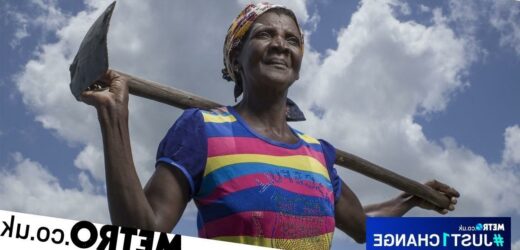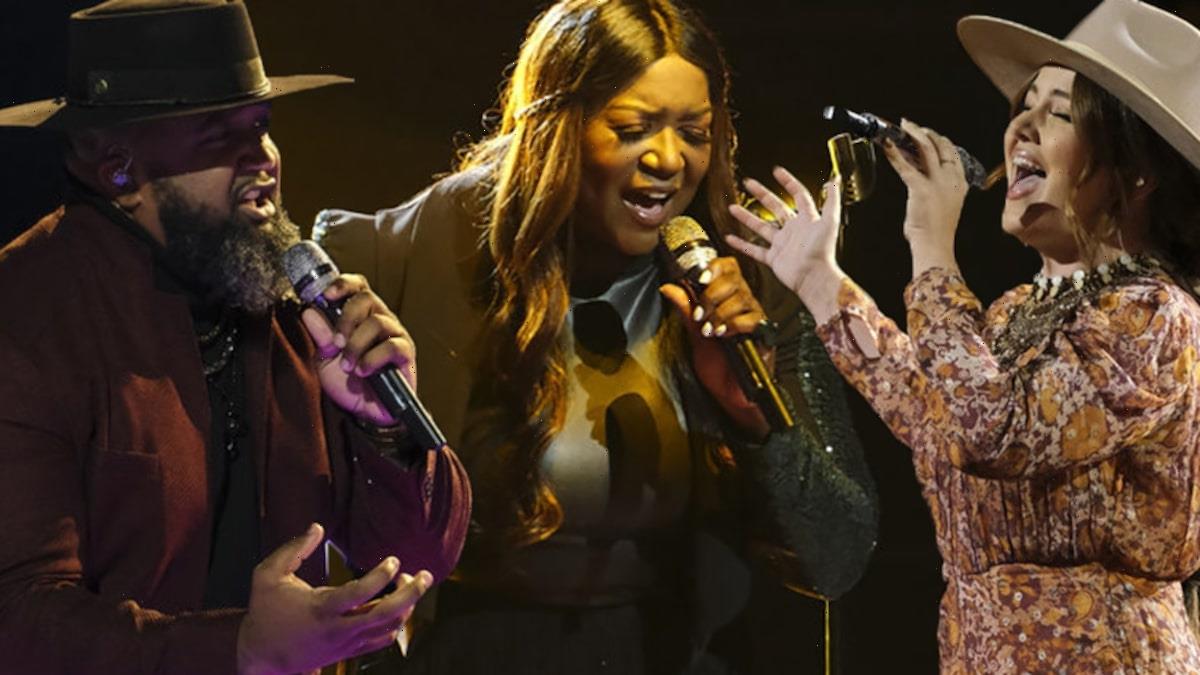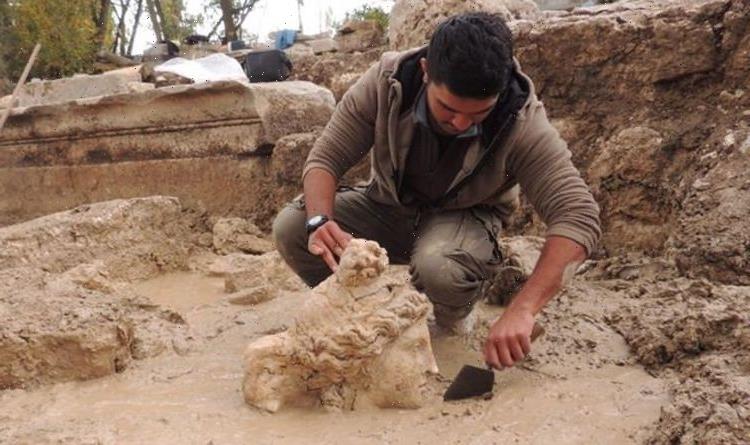There is a worrying scarcity of women in decision making roles amongst the leaders, negotiators, government representatives and businesses that have descended on Glasgow for COP26.
This isn’t new: at COP23 in 2017, just 27% of heads of delegation, and 37% of top negotiators were women. In particular, women from the global south who are carrying the heaviest burden of climate change are marginalised from negotiations, especially as the pandemic has limited participation of so many this year.
Over a century ago, my great-grandmother, Emmeline, and grandmother, Sylvia, joined the single greatest struggle of the 20th century, namely that of representation – i.e. the right to vote and be voted into parliament. The victory in that struggle, won in almost all countries of the world, has paved the way for progress of all kinds.
The most urgent issue of the 21st century – the climate catastrophe – is a feminist issue as well as an existential one.
The fact attention still needs to be drawn to the connection between catastrophic climate breakdown and the rolling back of women’s rights is a testament to a gross failure of the world’s media, politicians and leaders. Because there is no graver threat to the most fundamental rights of women and girls than the changing climate patterns and extreme weather events that are unfolding with increasing ferocity across the earth.
When disaster hits, women and girls suffer the most brutal facets of the fallout: the massive burdens of caring and household work become harder; they must walk miles further for dwindling supplies of water.
As economic impacts hit and households suffer, girls are more likely to miss out on school, domestic violence increases, and child marriage is often seen as the only option. In times of desperation, it is the women and girls who are sexually exploited. We see this time and again.
Women and girls are absolutely on the frontline responding to climate disaster. It is primarily they who pull together their communities and continue to farm degraded land in the face of worsening conditions. It is also often women and girls leading the charge when it comes to grassroots campaigning and inspiring change.
It is deeply concerning that the women and girls whose lives are so disproportionately affected are not at the table to get their voices heard, and that the interlocked nature of climate and gender justice is not centre stage.
There are some positive initiatives to build on at COP26 – the challenge is ensuring they are meaningful. I welcome that there will be a Gender Day on 9 November. But to solve the issues women face we need to hear their voices not just on one day.
The UK Government has promised to make gender equality a priority for climate finance in its presidency, another positive move – but we need to make sure this is not just symbolic, that it results in increased resources, especially for women’s rights organisations, and women have a say in where finances go and what they achieve.
A Gender Action Plan was agreed at the last COP – however, all governments need to show how they will address gender equality as they reduce emissions to make tangible progress towards the Paris agreement.
For the last two years, I have led public marches and campaigns leading up to this moment. Now is the time for Boris Johnson and COP26 President Alok Sharma to show leadership that delivers Deeds not Words, or as Biden said on day 1: ‘action, not words’.
As COP26 hosts, the UK Government have a precious opportunity to put gender equality at the heart of climate policy.
Boris Johnson said himself that ‘history will judge’ the world’s richest nations if they fail to deliver on their pledge for $100bn in annual climate aid.
Well, there is a century of history waiting to judge whether he and other world leaders will act to ensure that women’s rights around the climate emergency are understood and put centre stage, rather than rolled back into the past – yet again.
Leaders must ensure women and girls most impacted by climate change have a real say in all climate decision making, from the local level to the global. Climate finance – separate from the Aid budget – is needed to support women’s rights organisations on the frontline of the climate crisis, and to fund adaptation initiatives of the most vulnerable women around the world.
Boris Johnson is a known fan of Winston Churchill – he will therefore know that Churchill’s record on women’s rights was pretty poor, to put it politely. In 1906, my grandmother Sylvia was campaigning on the right for women to vote and had been asked by the audience to go to the stage and make her point.
Instead, Churchill pushed her into a chair at the back of the stage to sit while he spoke and refused to answer the question on suffrage. What more appropriate analogy could there be for the millions of women and girls forced to sit on the sidelines now, while men make the decisions on the most urgent issue of our time?
I urge Johnson, Sharma and world leaders not to repeat the injustices of the past, but to share the stage with the most marginalised women and girls who are on the frontlines of this century’s foremost struggle.
To understand that representation matters today as it did a century ago, and that a gendered approach is needed in the heart of climate negotiations and climate action – and that it is needed now.
Do you have a story you’d like to share? Get in touch by emailing [email protected].
Share your views in the comments below.
Source: Read Full Article




